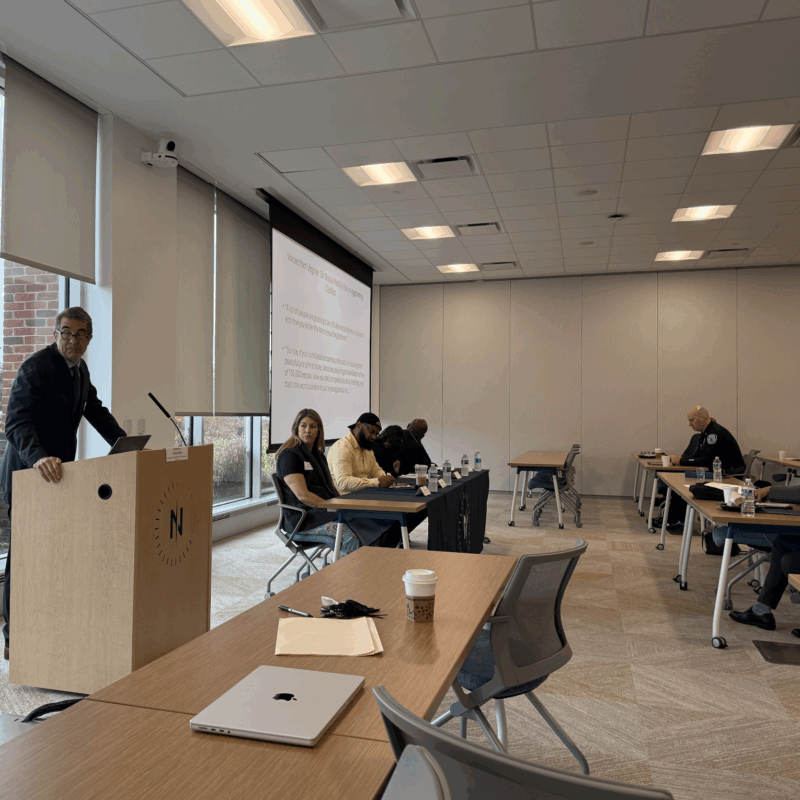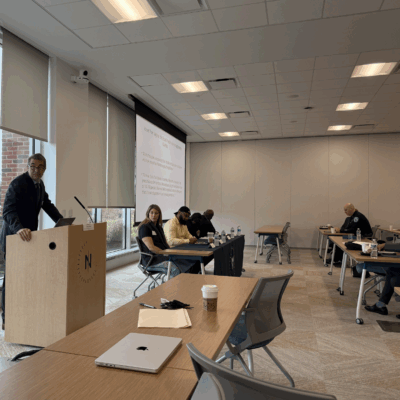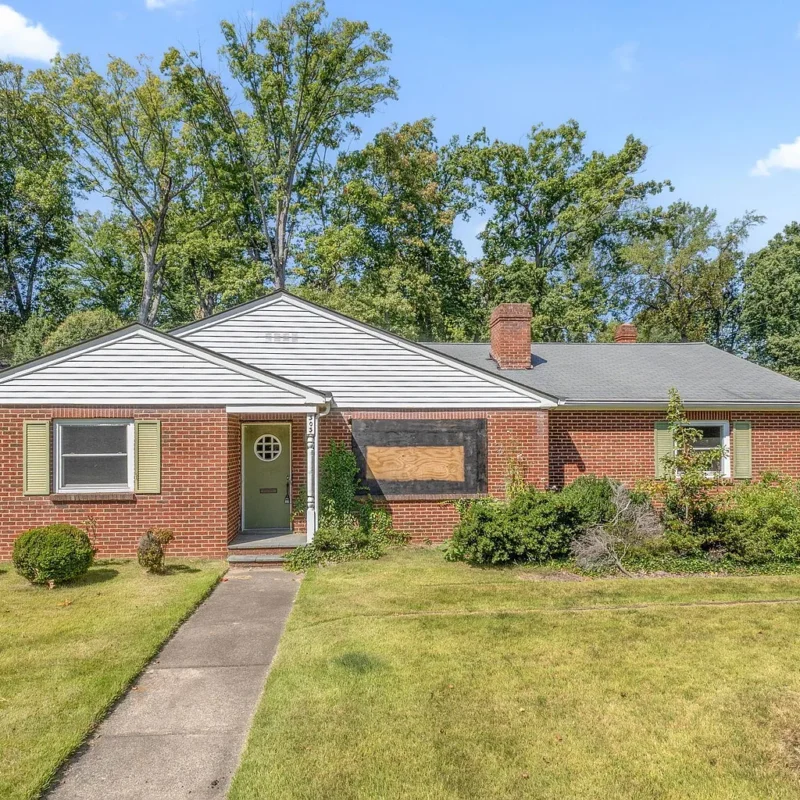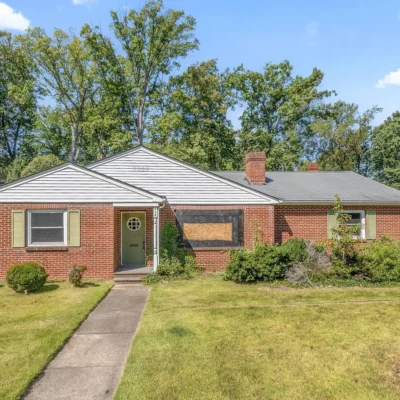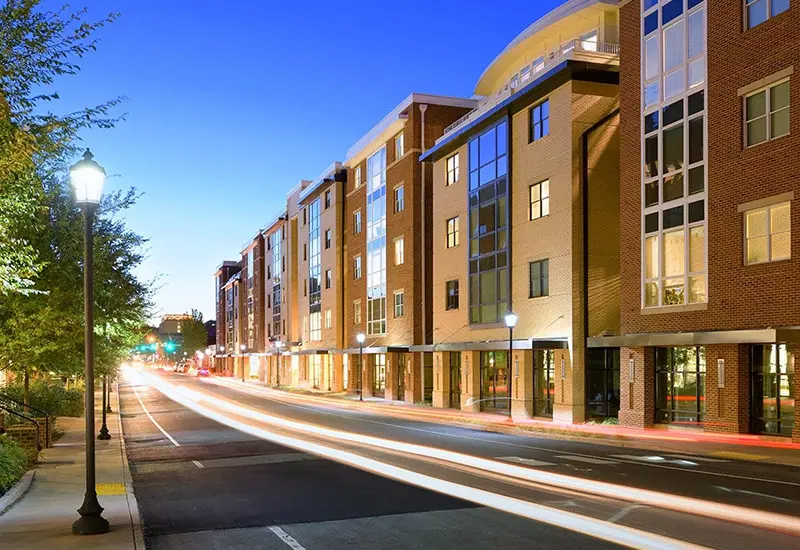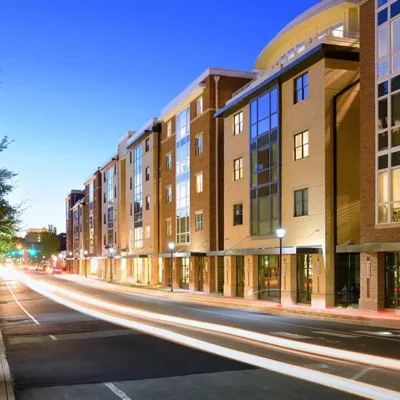
The chambers of Charlottesville City Council were full Tuesday night as people showed up to express strong opinions on two hot issues, including a proposed ban on camping on public property.
“I have lived on these streets, not once, but multiple times and I know what it’s like to face long cold dark nights with nowhere safe to go,” said Beth Robinson, the first speaker at the meeting’s open public comment period. “Those nights were terrifying.”
Robinson said that if she had been cited with a criminal violation for being unhoused, she would not have been able to rebuild her life.
Her testimony came a couple of hours before Council was to hear a proposal from Charlottesville Police Chief Michael Kochis to adopt a resolution that would ban people from sleeping and storing their possessions on public property.
“Over the past several months, the city has seen a marked increase in quality-of-life complaints in and around locations where unhoused community members are residing,” reads the staff report for the September 2 meeting. “While these concerns must be addressed, the enforcement of this ordinance is intended to be carried out with care and understanding, recognizing the challenges faced by individuals experiencing homelessness.”
Council chambers remained full while Kochis made his case to the elected officials with many in the crowd interrupting the proceedings. Eventually, City Councilor Michael Payne said it would be premature to enact the ordinance because a key piece of infrastructure is not yet in place.
“I’m not sure what we end up accomplishing by passing this before a permanent shelter exists, just at a practical level,” Payne said.
After a lengthy discussion, Council voted on a motion to table the ordinance. More details later in the week.
The request comes at the same time that the federal government has signaled a desire to lock people up if they do not have a place to live. On July 24, 2025, President Donald Trump signed the Ending Crime and Disorder on America’s Streets executive order, which seeks to treat homelessness as a public safety threat rather than a public health problem.
“Shifting homeless individuals into long-term institutional settings for humane treatment through the appropriate use of civil commitment will restore public order,” reads section one of the order.
Section three directs federal agencies to prioritize grant funding for municipalities that enforce prohibitions on urban camping. Section five seeks to end support for “housing first” policies such as those championed by organizations that seek to help people find and keep a home.
Under Charlottesville’s ordinance, a violation would be a Class 4 misdemeanor with no jail time.
“This reflects Council’s direction that enforcement should not be punitive but should encourage safe and lawful use of public spaces,” the staff report continues.
Available for public review is city staff’s protocol for dealing with unhoused encampments that defines “immediate hazard” as “a site posing urgent danger to life or health,” and “public health crisis” as “unsafe living conditions that risk spreading disease or harming health.”
Under the protocol, any suspected encampment is to be reported to Ashley Marshall, Charlottesville’s deputy city manager for social equity. Trained city staff will inspect the encampment, possibly with assistance from personnel from area nonprofits. Law enforcement can attend the inspection if safety is deemed to be a factor.
There would be no advance notice for the removal of anything deemed an immediate hazard, and any personal property would be removed and stored for up to 60 days. Priority will be given to sites where criminal activity is believed to take place, where there have been complaints, and where environmental damage may be occurring.
Sites not deemed to be an immediate hazard would have 10 business days before removal.
Charlottesville’s budget for the current fiscal year includes a $500,000 placeholder for operation of a low-barrier shelter, but no location has been publicly disclosed. The city is also paying the Salvation Army $250,000 a year for lost revenue if its thrift store on Cherry Avenue becomes the home of that shelter.
This year’s budget also includes the first annual payment of $250,000 to the Blue Ridge Coalition for the Homeless for their operations.
Before Council’s meeting on Tuesday, the group Livable Cville organized a campaign to get people to attend.
“The proposal would make Charlottesville less safe,” reads their action alert. “Charlottesville does not have enough shelter beds or supportive housing. If community members who lack housing or shelter are not allowed to sleep on city land, where are they supposed to go?”
The other controversial item on the agenda was a request to demolish an historic building at 1301 Wertland St. Council voted to deny an appeal from the developer.
This story, which went to press prior to the September 2 City Council meeting, was updated September 3 to reflect the outcome of the session.
